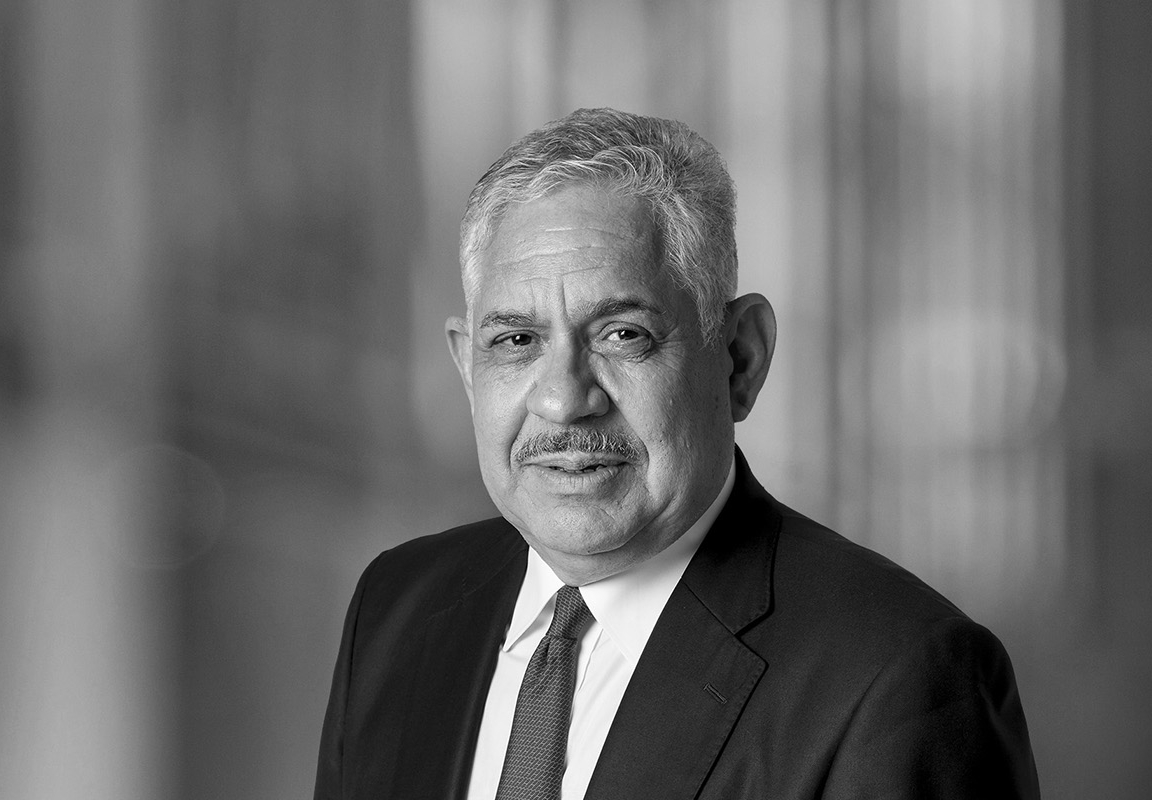
Asia's development banks must set standards for smart technologies
Financing of infrastructure projects should require protections for privacy
4 min read
The Asia-Pacific infrastructure market is set for considerable growth in the next few years, with technology and environmental, social and governance (ESG) considerations expected to play key roles in that expansion.
Smart infrastructure, which combines traditional physical infrastructure with technology-based digital systems, has been quickly gaining traction as part of this trend, as countries including Japan, China, Singapore and South Korea race to develop smart cities.
Risks and challenges, however, remain despite the bright potential of smart infrastructure.
While demand for such projects continues to expand rapidly, regulatory and policy regimes have remained fragmented and policymakers have been slow to respond to the need to deal comprehensively with smart technologies.
Countries across the region have enacted a patchwork of laws and regulations related to privacy and data protection, but these generally lack the elements needed to manage the connections and interdependence that smart infrastructure will require in the future.
Smart infrastructure has flourished in Asia in part because it is home to some of the world's most innovative companies. These systems can enable precision decision-making and efficient use of resources, providing companies and project developers with the ability to drive effective governance and monitor issues of priority, such as sustainability.
This kind of sustainability governance can make it easier for businesses to report and disclose their progress on sustainability and for financiers to monitor compliance with terms of their financing plans.
Given the benefits it brings to business, the concept of sustainability governance has taken off in Asia and globally.
For example, MineHub Technologies, a digital trading platform for the metals and mining industries, is collaborating with peers, including Japan's TradeWaltz and China's TradeGo. MineHub's platform will enable users to attach, certify and verify ESG specifications and emissions footprints for their materials and shipment for both upstream and downstream supply chains.
Japanese construction equipment maker Komatsu, meanwhile, is pioneering smart construction in its homeland by fitting its machines with sensors that upload site data to drones, GPS systems and the cloud. The new visibility that project owners will gain about their construction projects will allow them to better monitor compliance with their ESG requirements.
Smart cities are another example of the combination of smart infrastructure and sustainability governance at play, giving municipal governments tools to face increased urbanization, growing populations, climate change challenges and public health concerns.
Smart technologies allow cities to get more out of their existing infrastructure and to design new projects in a more informed way. Ultimately, the strategic use of digital technologies to address the challenges that modern cities face can deliver a cleaner and more sustainable environment.
For example, industry analysts have estimated that the deployment of smart city applications can reduce greenhouse gas emissions by 10% to 15%, lower water consumption by 20% to 30% and cut solid waste generation per capita by 10% to 20%.
The growing integration of artificial intelligence, sensors, cameras, drones and satellites into infrastructure projects is bringing unprecedented efficiency, connectivity and data analytics to support management of road traffic, energy demand and system maintenance.
But this Internet of Things is sweeping up an unprecedented amount of personal and commercial data, usually without clear protections for the privacy and ownership of the information involved as the establishment of laws, regulations and institutional policies to govern the use of smart technologies and address resulting concerns has lagged behind.
Even more complexity can be introduced when data is stored on cloud platforms based abroad, but rigid rules that require data localization can impede access to the latest technologies.
To spur further development of smart infrastructure while making sure society's rights and safety are protected, Asian governments need to come up with new data security and privacy rules specific to regulating these complex systems.
Financiers, in turn, should make sure that smart infrastructure projects they underwrite adequately address issues such as privacy and information security, fairness, inclusion and corruption.
International financial institutions such as the Asian Infrastructure Investment Bank, the Asian Development Bank and the European Bank for Reconstruction and Development can play a role in monitoring the use of smart technologies in the infrastructure projects they finance and in setting new standards for the sector. In this way, comprehensive policies can form the core of sustainability governance.
Despite the potential pitfalls, governments and the private sector in Japan, China and South Korea have continued promoting the development of smart cities and smart infrastructure, both domestically and in Southeast Asia.
The good news is that effective policy and smart regulation can achieve an appropriate balance between the positive and negative aspects inherent in smart infrastructure projects. This can provide a new paradigm for sustainable infrastructure development.
Reproduced with permission from Nikkei Asia. This article was first published in December 15, 2022 and is available here.
This publication is provided for your convenience and does not constitute legal advice. This publication is protected by copyright.

